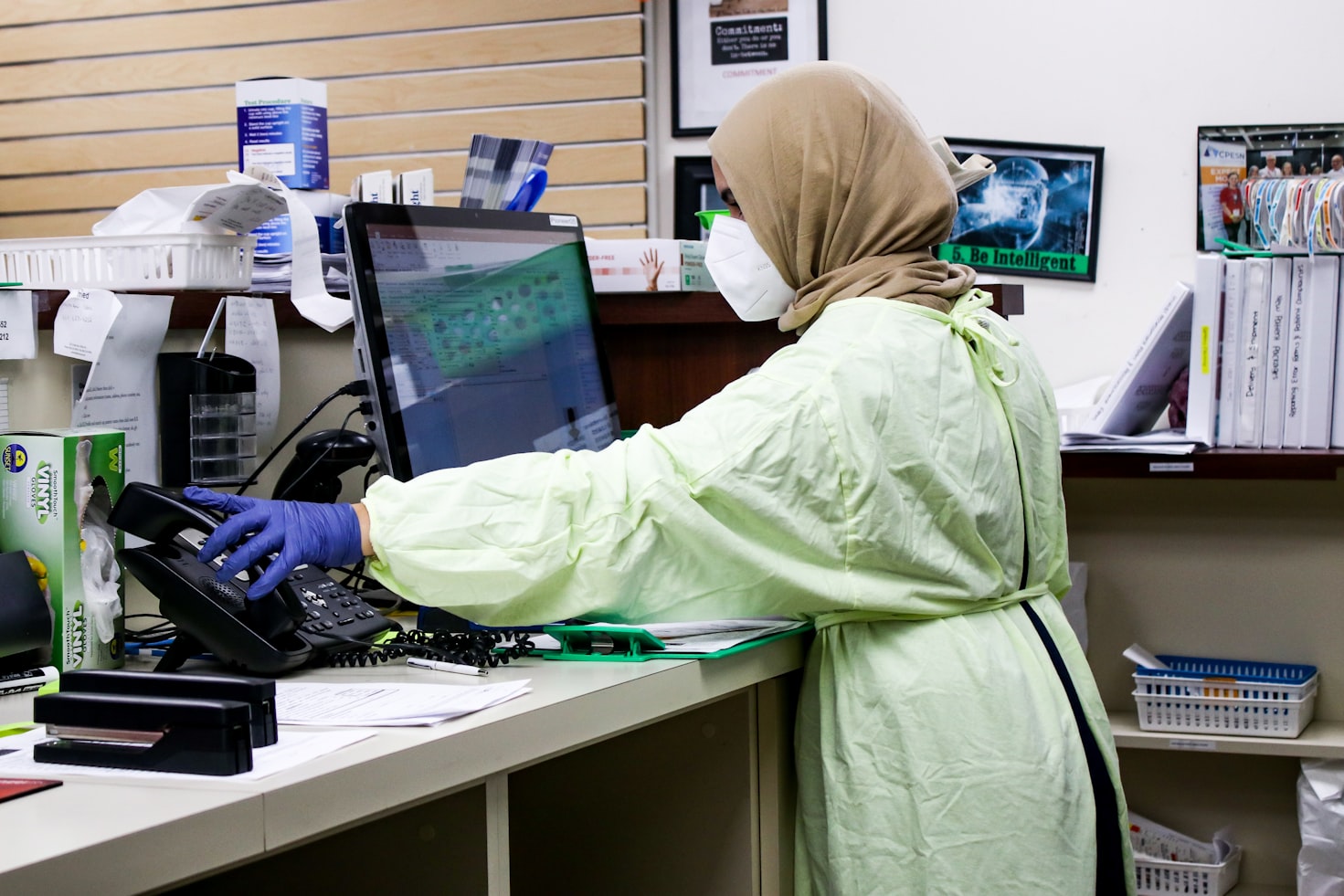With the world’s borders slowly opening back up and travel restrictions becoming more lenient, it’s time for tourism players and stakeholders to begin the recovery process from the onslaught of the pandemic. Travelers seek to visit their favorite destinations, though now their needs are drastically different. Emphasis is being placed on nature, the outdoors, and proximity to other travelers.
In this article, we discuss some of the key ways in which hospitality industry players can go about recovering from the onslaught of the COVID-19 pandemic. Read on for more.
The ‘new normal’ is a term we’re hearing a lot about these days. As tourism and hospitality industries begin to open up again, they are forced to adapt to the new procedures and protocols by which travelers live, and it’s important for the success of their business that they do so.
We spoke to Mohd Ghazali B Sayed Ibrahim, a manager at Mardhiyyah Hotel and Suites, about the changes in the hospitality sector and how hotels have adapted to the new normal. Ibrahim states that there has been an increased focus on domestic business and corporate clients due to the decrease in international travel.
Hotels in Malaysia have placed more focus on catering to local families who visit hotels in order to get out of their house. Rooms rates have been adjusted, and the hotel menu has been simplified to focus on a more local palette as international guests are far less frequent.

Shaju Abu Salih of Shaza Hotels informed us that he has noticed a major shift in the behavioral patterns of his clients. There is now an increased focus on safety, hygiene, and trust amongst clients. Shaza Hotels implemented the Shaza Assures program to compensate for this, which includes brand and government rules to improve customers’ trust.
We also spoke with Cindy Muller of the GOLD Restaurant in Cape Town, South Africa, about how her business has adapted to the new ways of living. The GOLD Restaurant focuses on gaining experience from other countries and their restaurants, collaborating with them to develop protocols for accepting guests while still adhering to health and safety programs.
Muller emphasized the role that technology has played in keeping her business afloat. GOLD Restaurant uses QR coding for its various services, menus that are printed daily for customers to take home, and online bookings.
The Halal certification that the restaurant features has attracted local trade as well, especially since Cape Town has a very large Muslim population.
At Shaza Hotels, the company’s infrastructure was already designed to deliver a private experience to its customers, which obviously has its benefits during the pandemic. Travelers are now looking for a more personalized experience when they travel as they aim to practice social distancing and follow hygiene protocols.

What’s more, hotel rooms and arrival experiences were previously designed for Halal tourism requirements, which again is beneficial during the pandemic. There are limited outdoor experiences and an increased focus on enriched indoor experiences.
As for the GOLD Restaurant, the main focus of the business is to build trust amongst the clients - trust in the restaurant that it delivers a safe dining experience. To accommodate this need for trust, the restaurant offers isolated dining rooms to cautious customers or seating in more populated dining rooms for customers who are vaccinated or more relaxed about COVID-19.
The key takeaway here is that restaurants and hotels should focus on adapting appropriately to the new normal that we currently live in, while also optimizing their existing strengths and using the resources that are already available to them. They should embrace changes and focus on delivering excellent experiences as much as possible.
If you want to learn more about how the hospitality sector is recovering from the pandemic, you can watch the entire conference session by clicking the play button below.
Check out similar webinars, insights, and opinions from experts worldwide on what the future of Muslim travel holds in CrescrentRating’s Halal in Travel - Global Summit 2021 by clicking this link.